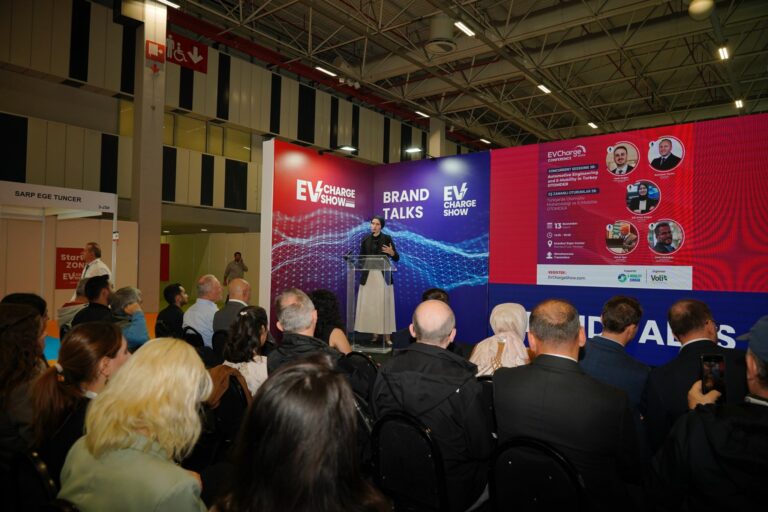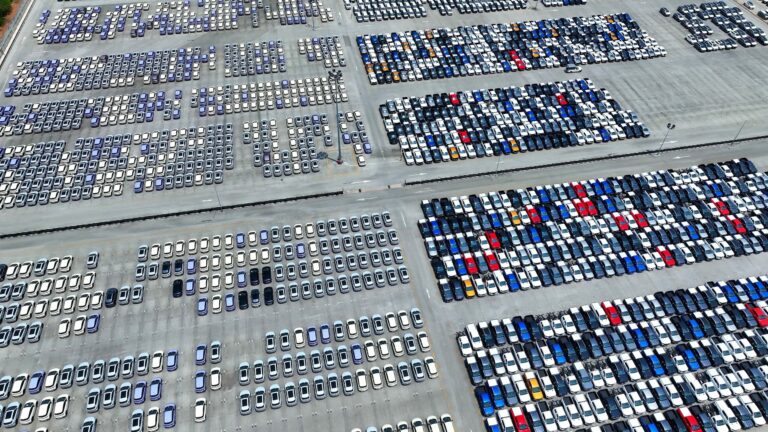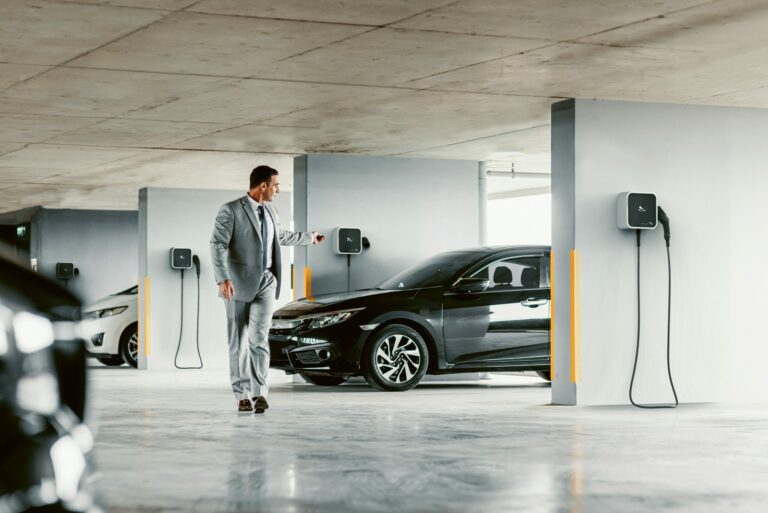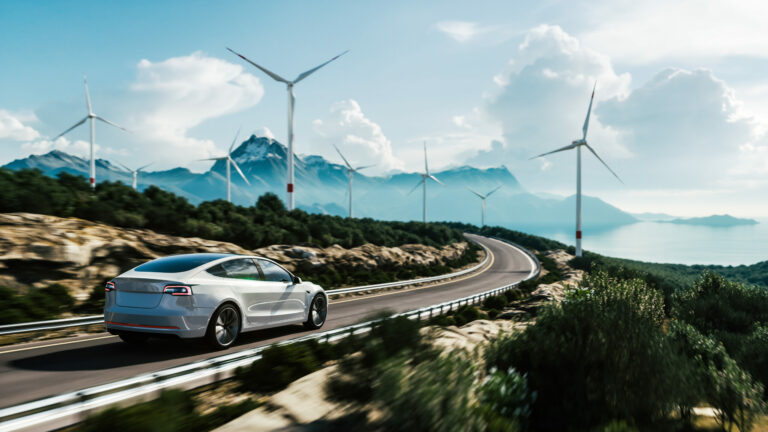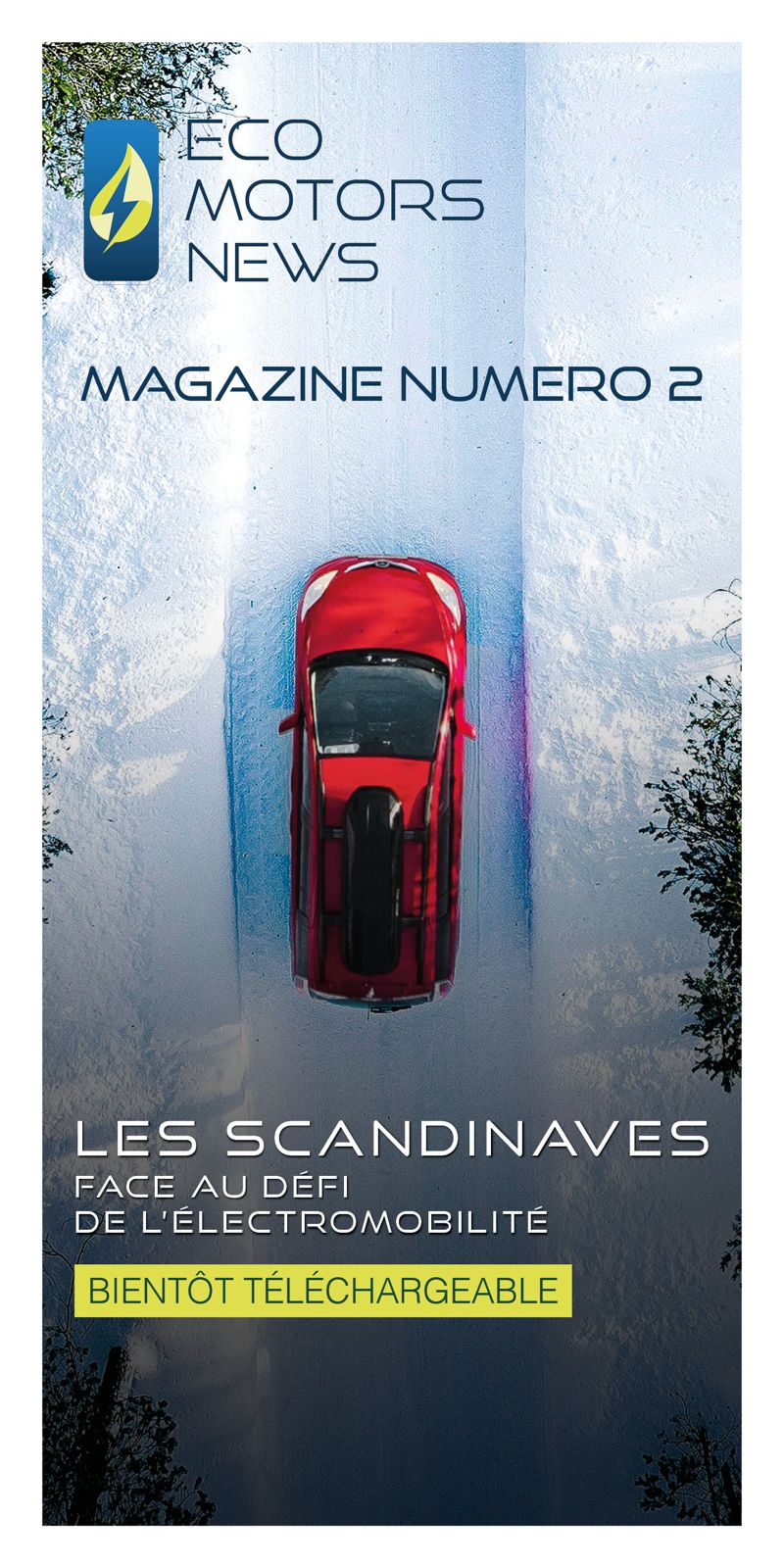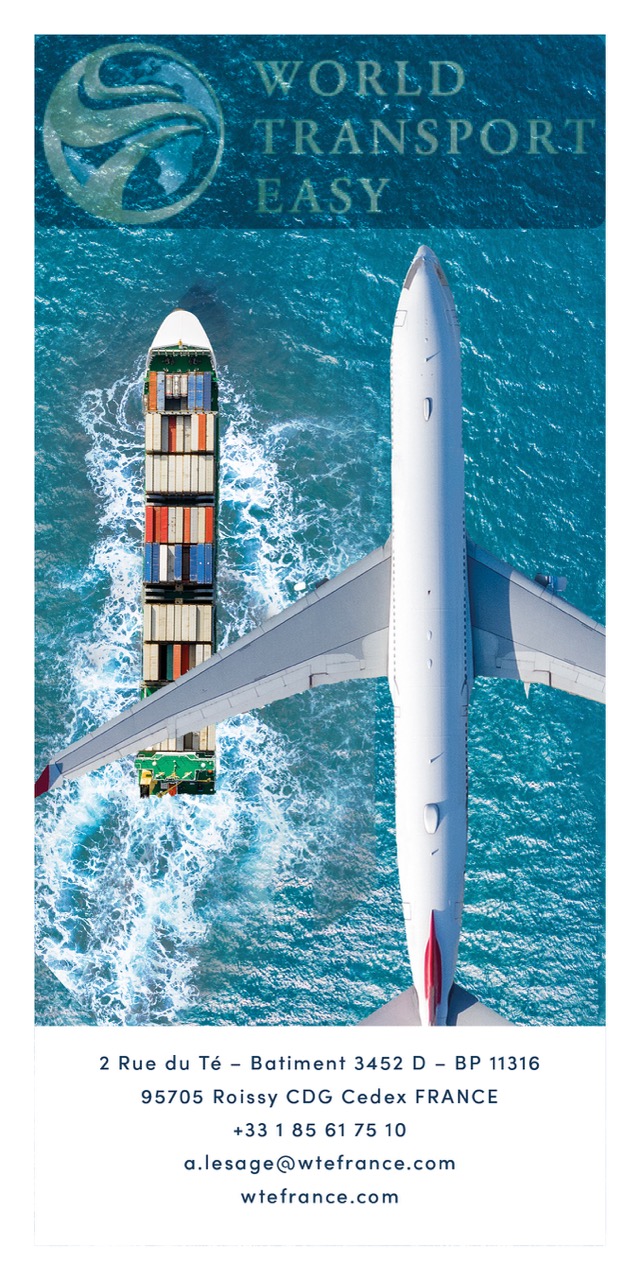From 12 to 14 November 2025, the Istanbul Expo Center hosted the EV Charge Show. This is one of the only trade fairs in the world entirely dedicated to recharging infrastructure for electric vehicles. The event has now come to an end, and it’s time to take stock of what went on.
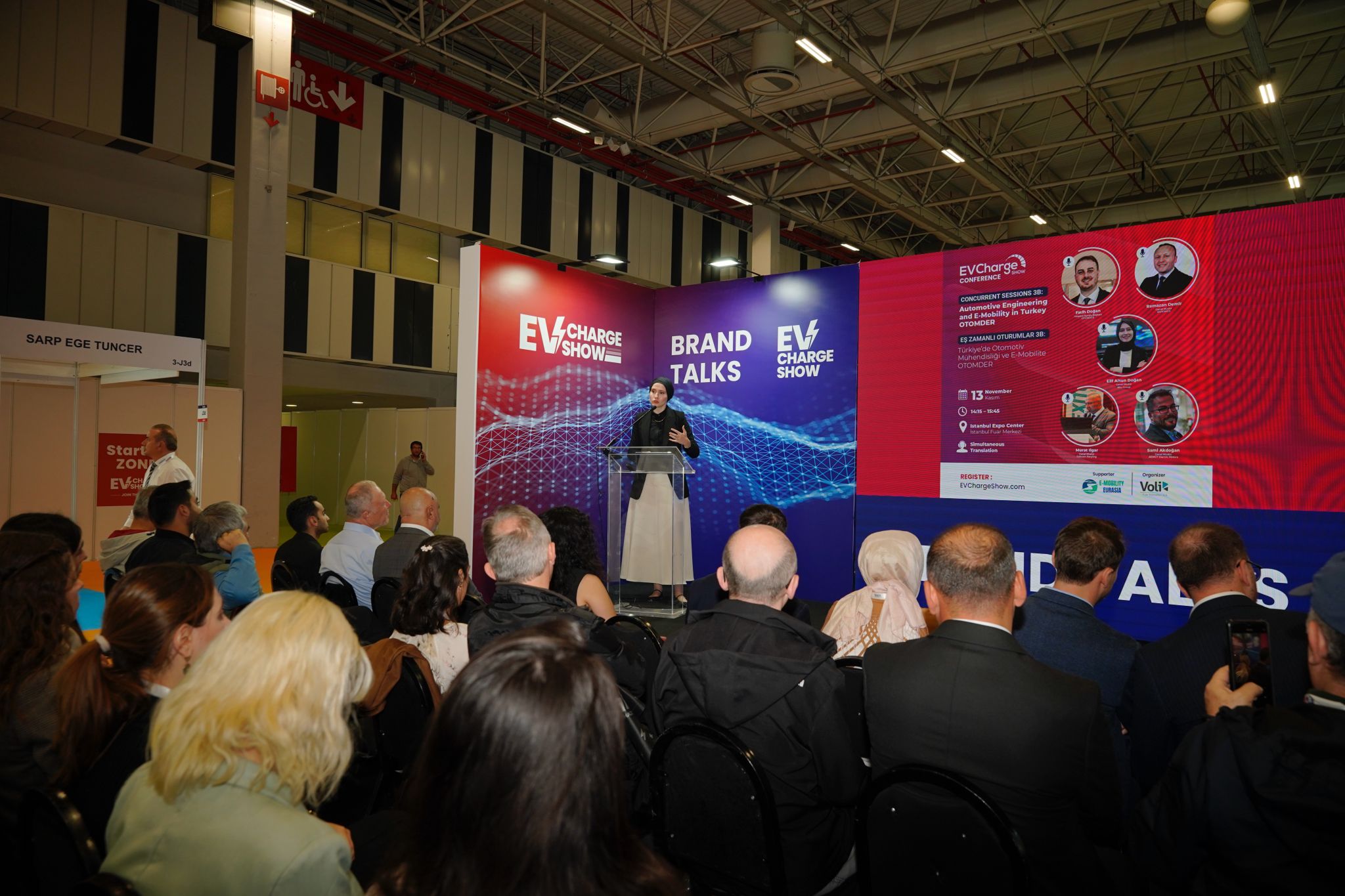
A not-to-be-missed event
Since its launch in 2022, the show has rapidly established itself as a key platform for a sector undergoing rapid change. Located at the crossroads of Europe, Asia and the Middle East, Istanbul is a strategic location for many international innovations. Since the launch of the show, the Turkish city has also been attracting players in the recharging sector. They include manufacturers of charging stations, energy suppliers, software developers, network operators and manufacturers of storage solutions.
Over the editions, the number of brands present on site has evolved considerably. The total has risen from 151 in 2022 to over 300 at this 4ᵉ edition. A high volume for a show specialising solely in recharging infrastructures.
Megawatt Charging in the spotlight
The main focus of the 2025 show was on the electrification of heavy fleets. One of the most eagerly awaited areas was dedicated to the Megawatt Charging Standard (MCS). Visitors were able to discover prototype chargers capable of developing electrical power of ~1,000 kW (1 MW). They also found liquid-cooled cables, as well as solutions for electric trucks and logistics fleets.
The electrification of heavy goods vehicles is an environmental necessity. These vehicles account for over 25% of road transport emissions and around 6% of total EU emissions. The introduction of ultra-powerful recharging networks is therefore essential to accelerate their transition to electric vehicles.
The message is clear: the electrification of heavy goods vehicles is no longer a pipe dream; it is a tangible reality that is in full swing.

Faster, smarter terminals
The recharging sector is mainly made up of recharging stations, and there is constant innovation in the quest for faster, smarter and more integrated recharging stations. A number of companies were present in Istanbul to showcase their innovations.
The Chinese company Pilot/Sino unveiled fast charging stations incorporating a storage module, reducing pressure on the grid. Tonhe Technology, another Chinese company, presented its new 30 and 40 kW high-efficiency modules for DC stations.
Overall, the companies present at the EV Charge Show had modularity, interoperability and energy optimisation as their watchwords.
The central role of software
But the future of electric recharging lies not only in physical infrastructure, but also in intelligent software solutions. International players such as ABB and Siemens, as well as Chinese companies such as Tonhe Technology and Workersbee, presented supervision platforms capable of controlling energy, optimising costs and managing entire fleets.
And technological innovation inevitably means artificial intelligence. It plays a central role in anticipating demand, smoothing consumption peaks and coordinating the integration of solar energy, storage and V2G (Vehicle-to-Grid).
The charging station thus becomes a veritable energy hub. A development that confirms that the charging station management software is also a key player in tomorrow’s mobility.
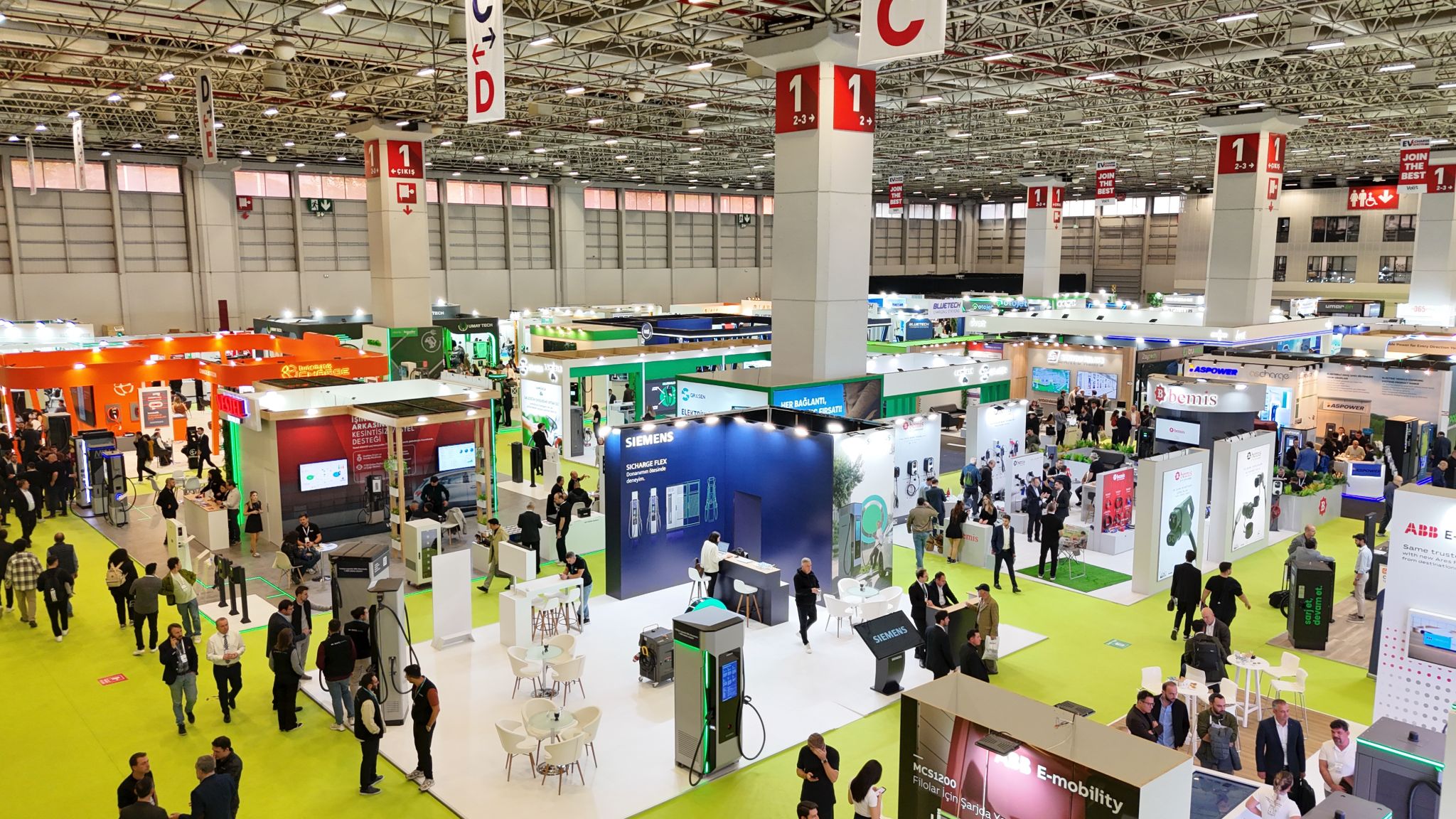
What this means for the future
This 2025 edition has highlighted several key trends for the coming months:
- The electrification of heavy goods vehicles is accelerating, paving the way for ultra-powerful recharging networks that are essential to support the transition in road transport, but also offering the opportunity to reduce the polluting waste associated with this sector.
- Stations are becoming more autonomous thanks to the integration of local storage modules and energy management algorithms, often combined with artificial intelligence. These innovations make it possible to smooth out consumption peaks, optimise costs and transform each station into a genuine energy hub.
- Istanbul is establishing itself as an international hub for recharging technologies. The diversity of the players present (European, Asian and local) confirms that the city has become a strategic location for global electromobility.
The EV Charge Show 2025 proved that the electrification of heavy goods vehicles is on the move. Fast charging stations, AI and integrated storage: electric mobility is becoming more professional, and Istanbul is asserting itself as a global hub for sustainable transport.

